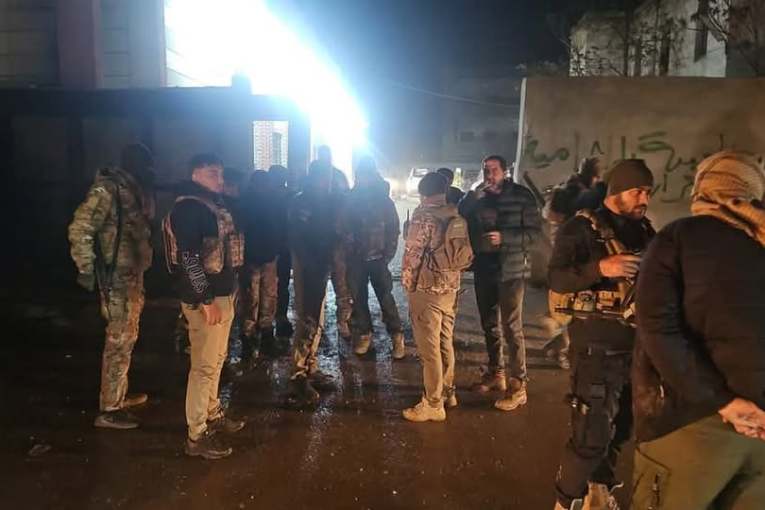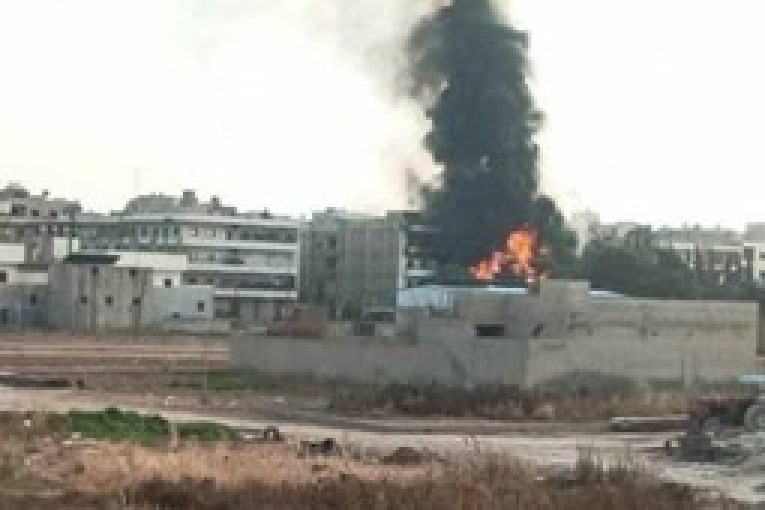
Afrinpost – Special
The Turkish occupation continues to steal the water of Afrin to fill the dam that is built in the Turkish region of Rihaniyya, on the Syrian-Turkish border, despite the need of the occupied Kurdish region for water.
The Afrinpost obtained a picture showing the arrival of the fullness of the dam and the approaching of water from the crossing that was opened by the Turkish occupation in the border village of Hammam in Jenderes district, and at the expense of the Medanki Dam, whose gates are opened for this purpose without taking into account that the region witnesses a major shortage of drinking water and the survival of vast lands Deprived of watering this season.
The Turkish Governor of Hatay Muhammed Ekinci said in a statement published on the Turkish media, that the Rihaniyya Dam is one of the largest dams in the country and the length of the summit is 9 thousand and 271 meters and the packing volume is about 21 million cubic meters, indicating that the dam has the task of preventing floods in the Plain of Al-Amuk and also irrigation.
Akinhi confirmed the theft of Afrin water when he explained that the source of supplying the dam with water is the Afrin and “Ava Rash” rivers (the Black River), noting that the annual benefit is about one billion and one hundred million pounds.
Simultaneously, the Turkish occupation army returned to stop the Aluk water pumping station in the countryside of Sere Kaniye, again on Saturday, depriving more than one million people of water at a time when the world is facing the dangers of the Corona epidemic and the residents’ anxiety of reaching the area.
The Alok station is located 5 km east of Sre Kaniyeh, which was occupied by the Turkish forces and the Muslim Brotherhood militia known as the “Syrian National Army” in October 2019, while the station was feeding large areas starting from the countryside of Zarkan / Abu Rasin in the north, Passing through the town of Tal Tamr and the city of Hasaka, all the way to Al-Houl and even to its shrine, and ending to the town of Sour in the south over a distance of about 200 km, according to the sources of self-management for the north and east of Syria.






